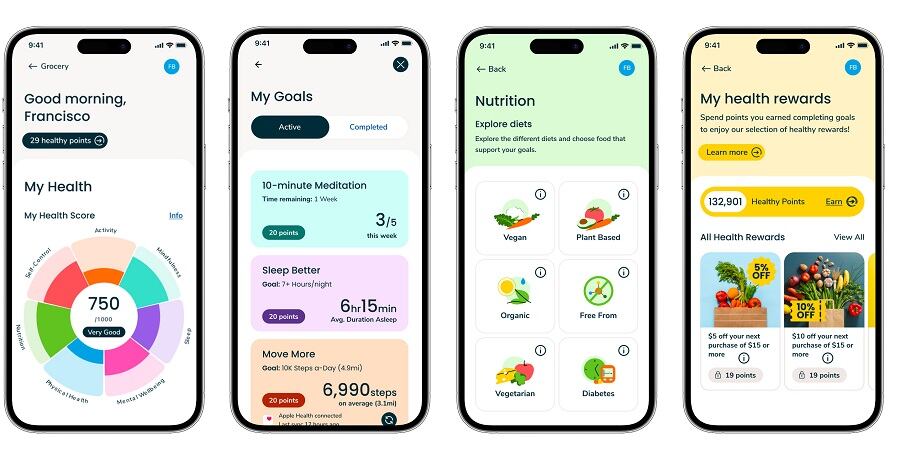The duo announced this week that they will work with the Boston-based non-profit About Fresh to enroll veterans in two prescription produce pilot programs at Veterans Health Administration facilities in Salt Lake City and Houston. Participants living with or at-risk of diet-related health conditions will receive $100 a month for fresh produce and receive nutrition education and ongoing coaching from registered nutritionists with the goal of improving their health and food security.
Researchers at the University of Utah will evaluate the pilots’ impact on participants’ health and health care cost as well as their satisfaction with and use of the program.
The program’s goals are two fold – to improve the lives of veterans and enhance the understanding and use of food as medicine programs in the broader health care system, Rajiv Shah, president of The Rockefeller Foundation, told stakeholders gathered in Washington this week.
He explained that he feels a “real sense of urgency” to test and promote food as medicine as a potential tool to manage, reverse and prevent diet-related disease after seeing how they complicated and magnified the negative impacts of COVID-19.
“We lost one a half million Americans during COVID, and that is probably an underestimate, and we lost that large number of Americans because we as a nation had the highest comorbidities by population statistics of any other nation on the planet,” he said.
As such, he added, “the Rockefeller Foundation is proud to have signed an agreement with the Veterans Health Association, the country’s largest integrated health care system, to advance this food as medicine effort.”
Early responses, results of VA-led prescription produce programs are positive
Under Secretary Shereef Elnahal echoed Shah’s sentiment, noting the grants provided by the Rockefeller Foundation will help the VA expand existing produce prescription programs, the positive impacts of which he has seen first-hand.
He shared stories from veterans already participating in prescription produce programs through the VA, including from one who said she had used to eat ice cream sandwiches every day, rarely ate apples and never at fresh vegetables before joining the program. But after receiving her prescription she reported feeling more energetic and had better cholesterol and pre-diabetic lab work.
He shared another vet reported she enjoyed fresh fruit and vegetables but before joining the program could not afford them. Now she, too, eats them daily and has more energy.
These are not isolated cases, nor is the need limited. According to research shared by The Rockefeller Foundation, 86% of veterans are overweight or obese at their first visit to the VHA clinic and the prevalence of diabetes is at least 5% higher among US vets than the general US population.
Growing momentum for food as medicine
The partnership between the Rockefeller Foundation and the VA not only seeks to address these challenges, but Elnahal said it also reflects the Biden Administration’s commitment made last fall during the White House’s National Strategy on Hunger, Nutrition and Health conference to elevate nutrition and fight food insecurity in the US.
As such, the VA is working with other key agencies, including the National Institutes of Health and the US Department of Agriculture to elevate and test the impact of food as medicine programs, Elnahal explained.
This partnership also builds on other VA efforts, including the EatWell program in Durham, North Carolina, led by Reinvestment Partners.
The partnership also expands on the Rockefeller Foundation’s commitment at the White House conference to advance food as medicine programs, including through partnerships with American Heart Association, Kroger and others.




